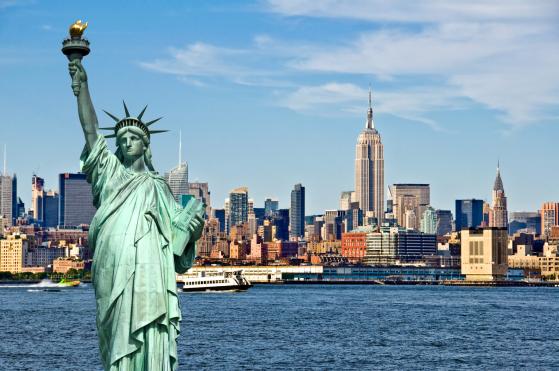Amidst economic turbulence, both Japan and the UK find themselves in technical recessions, reporting consecutive quarters of negative gross domestic product (GDP) growth. However, the United States, the world’s largest economy, appears to stand on more stable ground.
In Japan, the ongoing decline in population, with a decrease of 800,000 in 2022 marking the 14th consecutive year of contraction, constrains economic growth.
This demographic trend translates into reduced production and consumption levels, according to Paul Donovan, chief economist at UBS Global Wealth Management.
The UK witnessed insufficient population and wage growth to counteract a decline in consumer spending, a key economic driver.
US economy resilient so far
Meanwhile, the US economy has displayed resilience, experiencing robust GDP growth over the past two quarters, largely fuelled by strong consumer spending.
Factors such as substantial pandemic stimulus measures amounting to $5 trillion and reduced dependency on Russian energy have contributed to its economic stability.
However, January’s retail sales data, falling below expectations, suggests potential belt-tightening among Americans despite a robust labour market, with unemployment rates consistently below 4% for 24 months.
Why the speculation of a US recession?
The possibility of a US recession in 2024 remains a subject of speculation. The Business Cycle Dating Committee at the National Bureau of Economic Research determines recession onset retroactively, considering factors such as unemployment spikes, income declines, and negative GDP growth rates.
Despite consecutive quarters of negative GDP growth in 2022, the committee did not declare a recession.
Federal Reserve Chair Jerome Powell acknowledges the elevated risk of recession since the Fed’s tightening cycle began in March 2022 but maintains that the economy is not currently in a recession. However, unforeseen economic shocks, like a global pandemic, remain a wildcard.
Citi’s chief Economist Andrew Hollenhorst told CNBC,
There’s this very powerful and seductive narrative around a soft landing, and we’re just not seeing it in the data.
Philipp Carlsson-Szlezak, global chief economist at Boston Consulting Group, predicts a slow-growth year for the US economy, citing its foundational strengths such as the labour market and robust personal finances.
The absence of expected interest rate cuts in 2024 could potentially disrupt financial markets and catalyze a recession, albeit an unlikely scenario.
This article first appeared on Invezz.com
